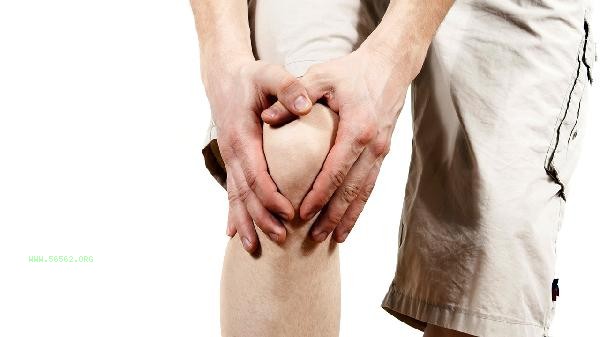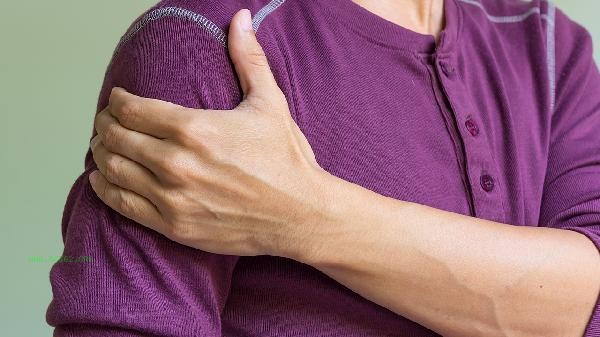Fitness massage should be avoided on an empty stomach or when full, and the diet should ensure a balanced intake of high-quality protein and carbohydrates. When massaging, it is necessary to avoid skin damage and control the intake of oil and sugar in the diet.

1. Massage Precautions
It is not advisable to overeat one hour before the massage to avoid affecting blood circulation. During operation, the force should be even and moderate, pushing from the limbs towards the heart, avoiding direct pressure on the spine and protruding joints. When the skin is inflamed or injured, massage should be suspended, and diabetes patients should carefully control the strength. It is recommended to control the massage time for 20-30 minutes each time, and after the end, drink warm water to promote metabolism.
II. Dietary Matching Principles
Daily protein intake should be calculated at 1.2-1.7 grams per kilogram of body weight, with priority given to high-quality protein such as chicken breast, beef, fish, etc. Carbohydrates are mainly slow carbohydrates such as brown rice and oats, and fast carbohydrates such as bananas can be supplemented before and after training. Cooking methods often involve steaming and boiling, with less oil and salt, and avoiding fried foods. The daily intake of vegetables and fruits should not be less than 500 grams, supplemented with vitamins and dietary fiber.
III. Timing of Nutritional supplementation
supplementing whey protein within 30 minutes after training can help with muscle repair, and casein can be consumed before bedtime to maintain nighttime synthesis. Branched chain amino acids can be taken during high-intensity training, while glutamine is suitable for supplementation after training. Vitamins and minerals are recommended to be taken with meals, and fat soluble vitamins should be combined with appropriate amounts of fat to promote absorption.

4. Taboo Foods
Refined sugar foods can cause blood sugar fluctuations, and trans fatty acids can affect testosterone secretion. Alcohol can inhibit protein synthesis, while carbonated drinks lead to calcium loss. Preserved foods containing excessive sodium ions may cause edema. Raw and cold foods can slow down blood circulation and affect nutrient absorption efficiency.
V. Water Management
Maintain a daily water intake of 30-40 milliliters per kilogram of body weight, and supplement 100-150 milliliters every 15 minutes during training. Sports drinks are limited to high-intensity training use only, with plain water as the main source for daily use. Control water intake 2 hours before bedtime to avoid affecting sleep quality. Green tea or diluted salt water can be consumed in moderation to supplement electrolytes.

It is recommended to establish a regular eating schedule, eat small meals frequently to maintain metabolic stability. Keep a good record of diet before and after training, and adjust the nutritional ratio according to changes in body fat. Regular body composition testing and targeted supplementation of missing nutrients. Ensure 7-8 hours of high-quality sleep and promote the secretion of growth hormone. When experiencing indigestion or abnormal muscle soreness, it is necessary to adjust training and dietary plans in a timely manner.








Comments (0)
Leave a Comment
No comments yet
Be the first to share your thoughts!